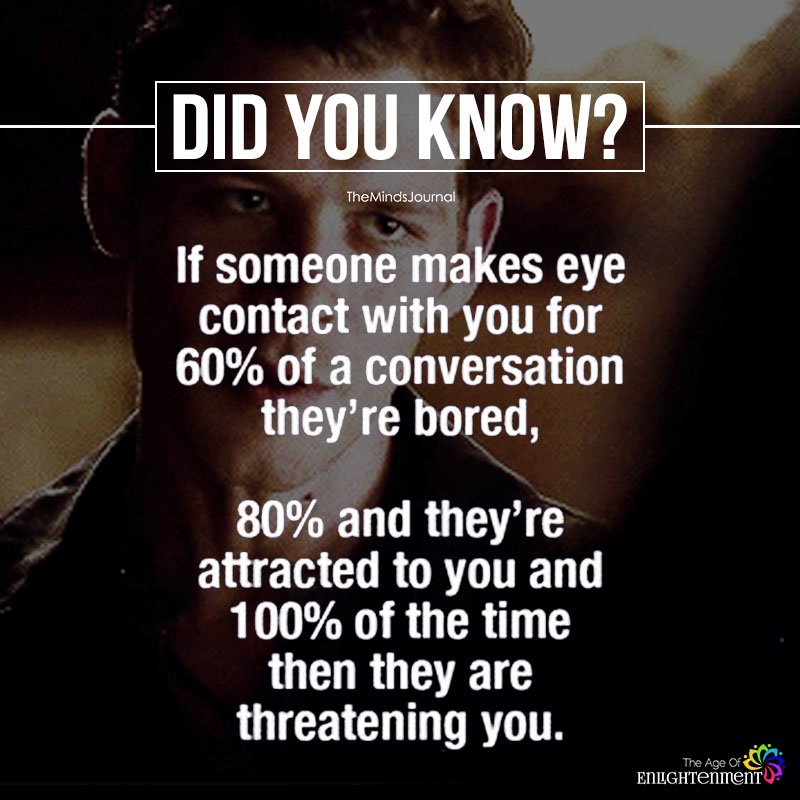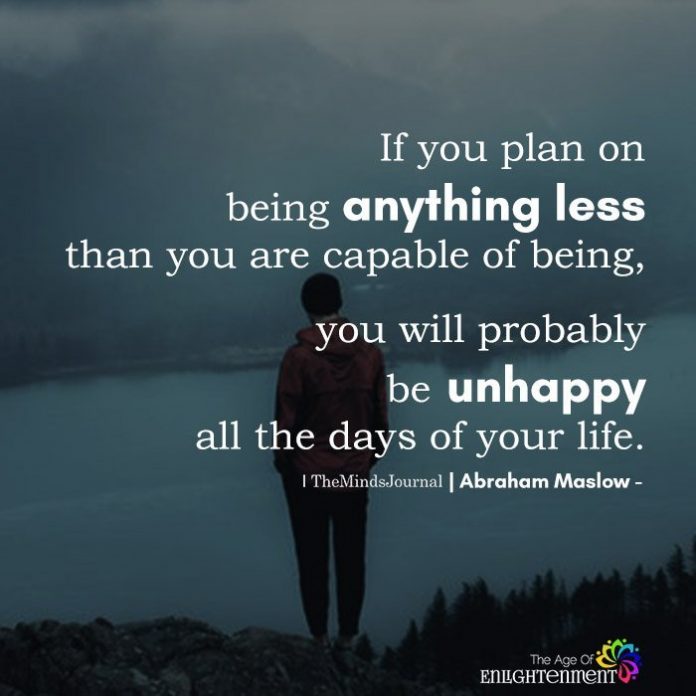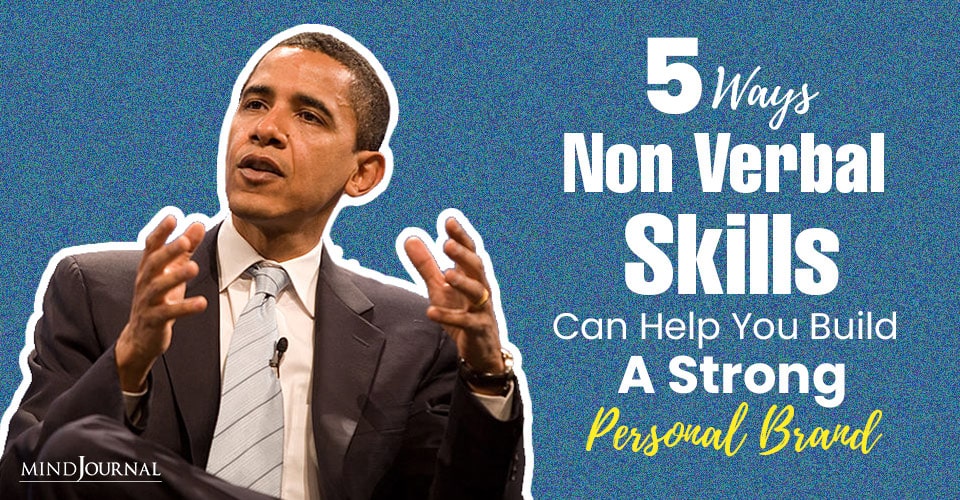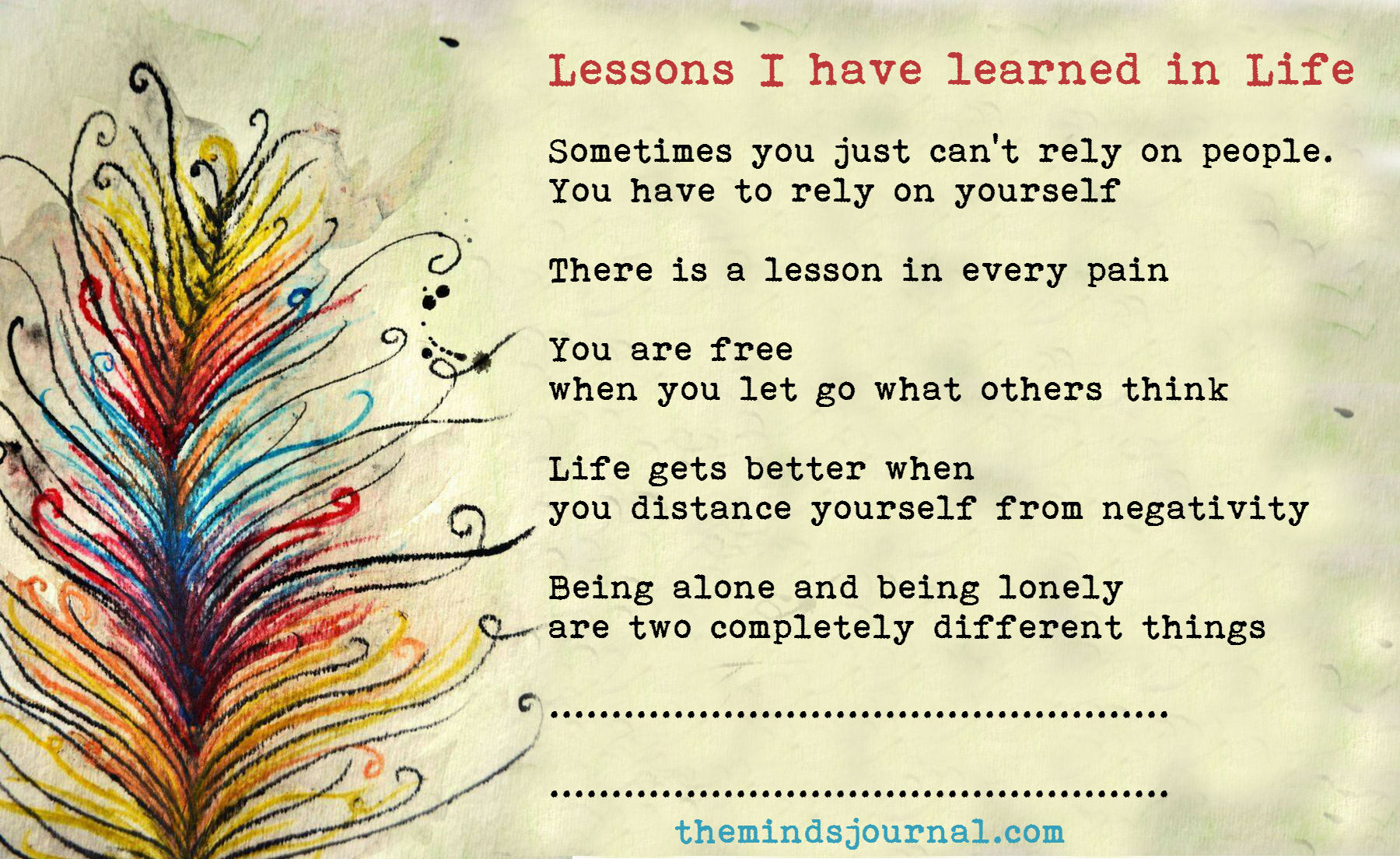Do you know you are sabotaging yourself without uttering one word? But you are unaware of it! It’s high time and you need to work on your non-verbal communication skills and build your personal brand.
“All of us need to understand the importance of branding. We are CEOs of our own companies: Me Inc. To be in business today, our most important job is to be head marketer for the brand called You” – Tom Peters
A brand is a promise and ultimately a sorting device. If I offered you two bottles of Cola, one being a no-name brand and the other a bottle of Coca-Cola – naturally you will go for the Coca-Cola.
Why? Because they have made you a promise of joy and happiness. Ultimately you trust it more than an unknown brand.
Your brand is the promise you make; in other words, what do people expect of you when they engage with you? Seth Godin, author and marketer tells us that brands that keep their promises are consistent and trustworthy.
Your personal brand is essentially how you show up in other people’s minds; it is what is said about you when you are not in the room.
There is so much you cannot control during this time of lockdown but the one aspect that is fully within your domain is your personal brand.
The basis of building a personal brand begins and ends with your behaviour. It is also a combination of everything you say and more importantly what you don’t say, the non-verbal communication skills that can make or break a personal brand. Here are some aspects you seriously need to consider and reflect on to ensure you are showing up congruently to how you want to be perceived.
Consider these seemingly innocent aspects of non-verbal skills that can be speaking volumes without you uttering one word:
1. Be punctual
“If you’re early, you’re on time. If you’re on time, you’re late.” – Lik Hock Yap Ivan
If you already have a guilty smile because you know you have a tendency to always be late, then consider this – when you show up late, even five minutes late, you are signalling to that person ‘I don’t respect your time’.
If you are really late, their internal dialogue escalates to ‘How can I trust this person with my customers or my business if they cannot show up on time for a simple meeting?’ In a space of five minutes, you have immediately impacted your professional presence.
If this happens consistently, it can create two serious problems. Firstly, when the mind-set of everyone on your team is that the meeting always starts 10 minutes late so why should you bother to arrive on time – it begins to create a culture of being late. This of course has a domino effect on your day and every meeting runs 10 minutes late; then you wonder why it’s 3PM and you haven’t left your chair.
I’m not saying if you are late once, you will destroy your brand but become aware of it being a pattern. If it happens on a regular basis, your brand will start to become associated with words like ‘unreliable and untrustworthy’. If this has been part of your repertoire, the good news is you can behave your way back into trust.
Related: 15 Everyday Habits That Gives Away Parts of Your Personality
So how can you break the bad habit of being late?
Prepare and plan
Sometimes it feels like there is a conspiracy plot against you arriving on time – aspects like an inconsistent data signal, the Wi-Fi drops, traffic, power cuts and your keys are never where you swore you left them. Yes these are part of your reality but there comes a point where you can no longer blame your tardiness on any of these aspects.
All this additional uncertainty means you need to plan ahead.
For online meetings – log in at least 10 minutes earlier to check you have the correct link, check your sound, camera, background, check your Wi-Fi or data signal. Have you ever logged on for a meeting and your computer figures this is the best time to do an automatic update?
For face to face meetings, please check Waze or an equivalent app that monitors traffic flow. You may think it takes 15 minutes on a normal day but you have no idea about the accident that just occurred on your route and there is a huge delay.
Check at least 30 minutes before you need to leave to make sure you don’t need to make any adjustments to your departure time.
Don’t ever arrive in the parking lot at the starting time of your meeting, aim to be inside the building at least 10 minutes early to do the security protocol of signing in a laptop for example. I am sure by the time you go back to work, you will need to leave time to get screened for your temperature and sanitise so best be sure to arrive even earlier.
Consider this as a gift of found time
Your counter argument may be that you don’t have time to waste hanging around reception areas or waiting for the rest of the team to log on…
I can tell you with assurance that being early will never waste your time – it gives you the unexpected gift of calmness and confidence. If you decide to log on at the start time of the meeting and then you are scrambling to find the link – you will show up flustered and not bring your full self to the meeting. It’s the same showing up in person – imagine you are giving a huge presentation and you have been delayed by 20 minutes in traffic or couldn’t find a parking spot close to the reception.
This results in you being riddled with anxiety, stress and irritation. Not a great formula to nail the pitch! Again, when you are the only person who is still searching for the link or making the group wait, you are creating an impression that you are unreliable. You are showing up in a way that makes people question your ability to plan effectively.
How many times have you heard yourself say ‘I would love to read or study but I just don’t have the time’? When you plan ahead and you arrive at your meeting early, you’ve signed in and now have 10 to 15 minutes of waiting time.
Embrace this as a gift – I always keep my Kindle in my bag or have a Podcast ready to go so I can use this time for my personal development. What’s your alternative – scrolling the socials because you feel like what else are you meant to do?
The attitude of ‘it’s just 10 minutes’ will sabotage you in the long run. Consider that these pockets of time add up and you can get through articles, books and podcasts if you utilise your waiting time more constructively.
Think about it – you are never truly productive before a meeting because you don’t start a new task when you only have a small gap of time before you need to leave or login. Give yourself permission to log in early, be ready to go and enjoy some much needed you time.
Related: Science Reveals Why It’s So Hard to Maintain Eye Contact
Manage expectations
Life happens and there will be days where you are late even if you planned ahead – that’s called life. Maybe you only checked Waze as you were leaving and you can see you will be delayed, then make sure you send a message letting the person know.
Send a WhatsApp or email if you get held up in traffic or the power goes and it will take a few more minutes to get online. If the meeting is at 10AM, sending a message at 10AM is too late – it means you really never bothered to plan ahead.
People generally do understand but the key is to manage the expectation ahead of time. Don’t make the person wait 10 minutes for you and then explain why you were late. By then, it’s too late – you have annoyed them and possibly already dented your personal brand.
It may sound extreme but we are all under more pressure now than ever. Our time is so precious so make sure you do everything in your power to respect not only their time but yours.
2. Make eye contact
“Listen with your eyes as well as your ears.”- Graham Speechley
The ability to make eye contact in a conversation will speak louder than any combination of words put together. It is a conscious action to show the other person that you are focused on them and giving them your full attention. Eye contact facilitates connection and deepens report.
Think about when you have tried to engage in a conversation and the other person is glued to their smart phone or barely looks over the laptop. The immediate perception that forms about this person is that they are rude, insincere and you are left feeling disregarded.
Eye contact demonstrates your intention – you are present, attentive and care about what the other person has to say. This is especially important during lockdown when we are isolated from friends, family, colleagues and clients.
Connection is crucial so please think twice about showing up with the camera off for your meetings. If you can’t see their face, you lose so much crucial non-verbal information.

Perhaps you have to deliver some tough news but you can’t see the person’s reaction and you assume everything is fine. If you do have some difficult feedback to deliver, have the respect to look in the person’s eyes – it will go a long way to nurturing the relationship.
Related: How to Read Eyes And Know What Someone Is Thinking
3. Prepare
“All that stands between you and what you want is a better set of questions” – Tim Ferriss
Preparation is critical to any successful interview, meeting and work engagement. Think about a meeting you had recently that felt like a complete waste of time and an hour of your life you know you will never get back. Most likely, it lacked structure and an agenda. When you take charge and prepare an agenda ahead of time, you are already the hero of the meeting.
We do not have a lot of disposable time so we need to ensure our precious minutes are used wisely. Consider the impression you can make when you plan ahead and ensure the team is aligned.
Preparation isn’t just about the work, have you ever thought to research who you being interviewed by or who you are meeting with if it’s a new contact or client? Look over their LinkedIn profile, read some of their tweets or blog posts if available.

When chatting in your meeting, use your knowledge to show them you have taken the time to research them and planned appropriately.
Related: The Way You Cross Your Arms Reveals The Kind Of Person You Are
You can say something like, ‘I really enjoyed your article on X, have you ever read this author?’ Or, ‘I saw a few of your tweets and I think you would find this site really interesting.’ It is not sucking up or coming across inauthentic – quite the contrary, actually. It is about forming a genuine connection beyond the work.
Take some time to research the relevant company or industry trends so you have the relevant knowledge. Knowledge is power because it enables you to come with the right questions. When you show up online or face to face and you have done your preparation, you immediately put yourself above the rest. This simple action portrays you as taking initiative and develops trust much quicker.
Author, Ty Bennett, says there’s a fundamental rule of business that states: “People do business with people they know, like, trust and value.”
“Honesty and likeability are important, but if people don’t see you as valuable, they will never do business with you. If you don’t come across as professional, knowledgeable, and credible with the right skill set to get the job done, you will never be as influential and successful as you would like”.
4. Participate
“You’ll never know who you are unless you shed who you pretend to be.” – Vironika Tugaleva
The ability to share your views and add value in a meeting, brainstorm or conversation is how you develop your brand. Preparation without participation is not enough to cultivate a powerful reputation. I know you may feel shy or apprehensive because you’re thinking ‘what if I come across stupid or what if my idea gets shot down?
The reality is that if you don’t offer your opinion or share your insights, you become labelled as ‘the quiet one who never speaks up in meetings’. Or you are thought of as the discreet one who takes really excellent notes.
The perceived risk of speaking up and sharing your ideas will elevate your brand a lot further than staying quiet. Great ideas can come from any person on the team; the more you can be comfortable getting uncomfortable, the more you are developing your courage muscle. You don’t need to get on a stage and do public speaking to push you out of your comfort zone.
If you have stayed quiet up till now, challenge yourself to ask a question in the next meeting. Prepare ahead of time so you feel confident and you’ll be amazed at the results.
Related: 9 Core Behaviors of People Who Positively Impact the World
5. Body language
“How you carry your body shapes how you carry out your life. Your body shapes your mind. Your mind shapes your behaviour. And your behaviour shapes your outcomes. Let your body tell you that you’re powerful and deserving, and you become more present, enthusiastic, and authentically you” – Amy Cuddy
Like it or not, the second you walk through the door or appear online, others will start sizing up your physical presence. In the context of a face to face interaction, how confidently do you walk in? How firmly do you shake hands? How are you holding yourself? In those first few moments, people are making decisions based on everything they observe.
So what exactly are you telling them?
If you’re constantly fidgeting, pulling at your skirt, drumming your fingers, checking your phone, biting your nails, twirling your hair, tapping your pen… stop.
The essence of a powerful personal brand is self-awareness because once you become aware of these habits, you can control them.
The way you carry yourself is a source of personal power — the kind of power that is the key to developing an influential personal brand. In Amy Cuddy’s famous TED talk, she conducted an experiment to see if the body can influence the mind. She had a group of people stand in a high power pose for 2 minutes – think the victory pose when a runner crosses a finish line or the Wonder Woman pose. What she found is their testosterone levels went up and their cortisol levels (a stress hormone) went down.
Related: 40+ Body Language Signs To Strip Down Someone’s Personality
Amy encourages us to use power poses to speak to yourself before walking into a big challenge. By taking up as much space as you comfortably can in the moments preceding the challenge, you’re telling yourself that you’re powerful — that you’ve got this — which liberates you to bring your boldest, most authentic self to the challenge. You’re optimizing your brain to be 100 percent present when you walk in.
If you walk into a room with your shoulders hunched and your head down, you arrive defeated before you have opened your mouth. It does not inspire confidence to those around you. Even if you are completely nervous before a presentation or a courageous conversation, walk in like you are the host of the room. It is not about manipulation, it is about intention – you are signalling to those around you that you are comfortable in your own skin.
Amy reminds us that using bold body language doesn’t mean we will always get the result we desire; instead it means that we will come away from every interaction feeling that we fully and accurately represented who we are and what we want.
She says that taking control of your body language is not just about posing in a powerful way. It’s also about the fact that we pose in a powerless way much more often than we think — and we need to change that. When you have your next online meeting, remember to sit up straight, smile and make eye contact. Think about the message you send if you are slouched on the table and arms folded? The simple gesture of arriving with a notebook and pen will speak volumes because you are demonstrating that you are focused, committed and engaged. Make sure you actually write in the notebook though!
Remember – showing up as a powerful personal brand means you need to be in alignment. If your words say one thing but your body language conveys something completely opposite – you are going to send out conflicting messages. The non-verbal skills speaks way louder than your words any day.
Related: The Johari Window: How To Build Self-Awareness and Achieve Success
Conclusion
“You’re either remarkable or invisible. Make a choice.” – Seth Godin
Sometimes intention is not enough when it comes to creating a powerful personal brand. You may have every intention of showing up as trustworthy, dynamic, ambitious or reliable. The missing piece is your actions – what are you doing every single day to demonstrate how you live these values?
Think about your brand – what are the words you want people to associate with you? What do you want their first impression to be about you? If there is a gap, this can be solved with congruent action.
If you’re feeling a little stuck on the next steps, make a list of words describing how you would like to show up. Personal branding Guru, Tom Peters, suggests you should start playing with words. Keep a notebook, paper or electronic and ask yourself: “Who am I? Who am I not? (The experts agree: Brand is as much about what a product “is not” as about what it “is.”)
What is your brand promise and how are you creating this experience on a daily basis?
Self-awareness and self-honesty are critical to closing the gap between where you are and where your desired brand is. You can behave your way back into trust with some simple tweaks like showing up on time, preparing, fostering deeper connections, bringing your full self to work, sharing your ideas and holding yourself in a way that signals confidence.
Ready to own your days and not feel like they are owning you?
I’ve created an ultimate guide to Show Up To Yourself: In Life & Business. If you follow this daily, you can build new habits — and actually sustain them; schedule yourself into your calendar, guilt-free; and manage your inner critic, free of anxiety and fear.
Written by: Lori Milner
Originally appeared on Beyondthedress.co.za
Republished with permission.










Leave a Reply